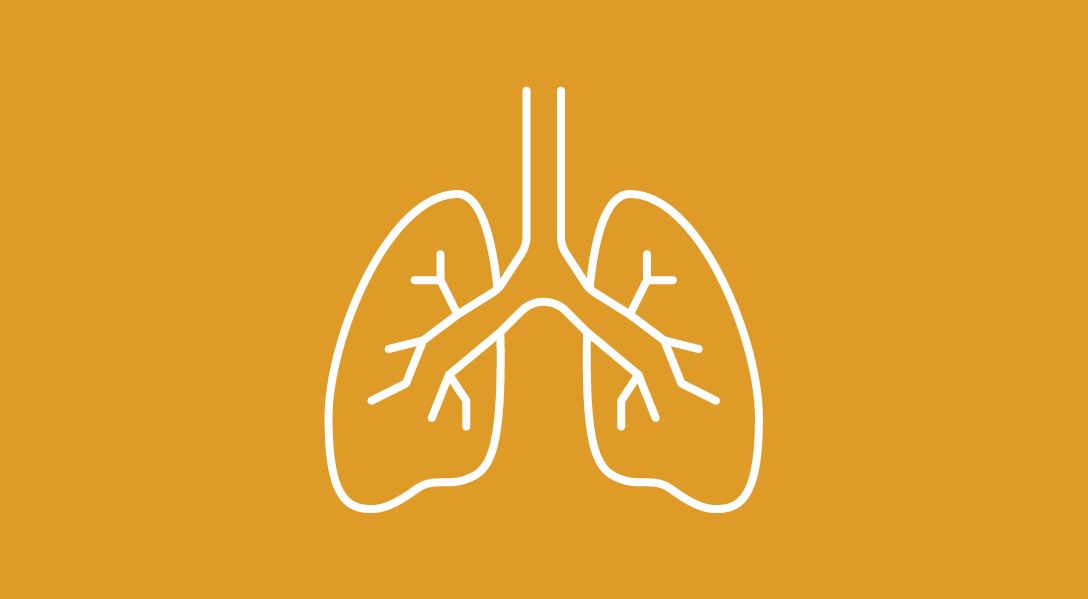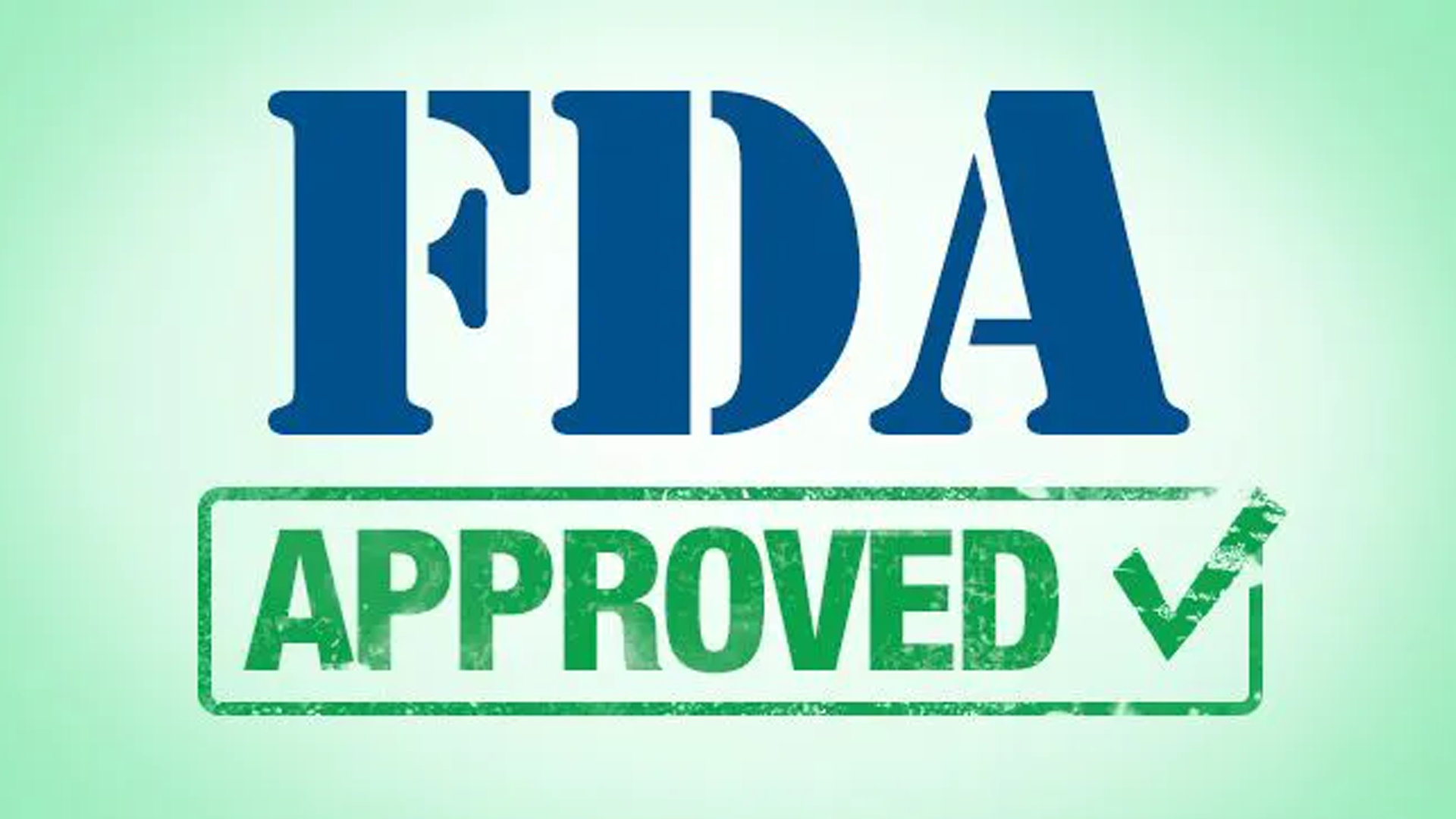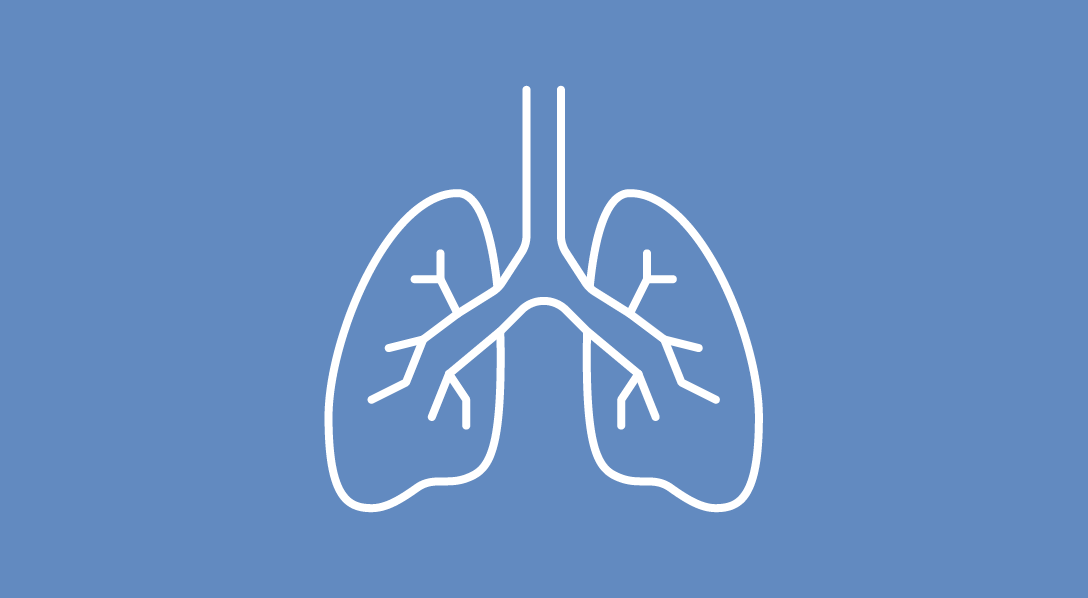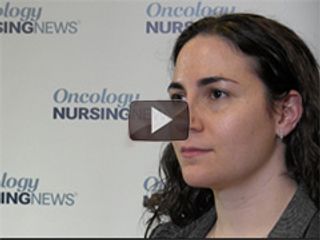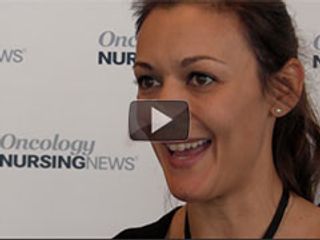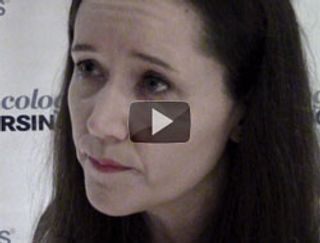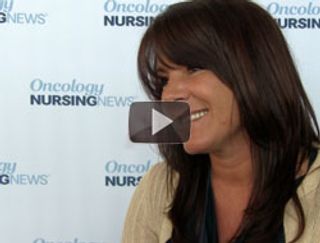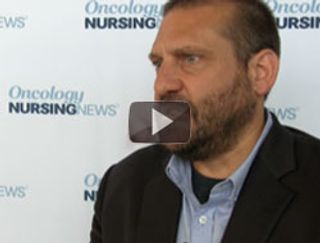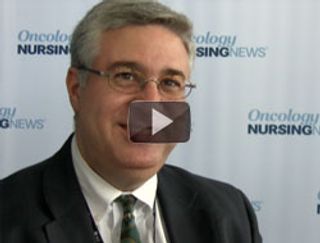
Lung Cancer
Latest News
Latest Videos

More News

Lurbinectedin confers greater activity with a superior safety profile when compared with topotecan in a subset of patients with small cell lung cancer.
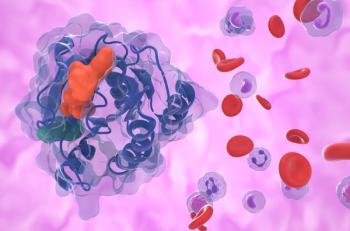
Oncology nurses can assist patients in understanding the significance of KRAS mutation testing and its treatment implications.

Stereotactic ablative radiotherapy with standard-of-care therapy improved progression-free survival in patients with oligoprogressive non-small cell lung cancer, although the benefit was not seen in those with oligoprogressive breast cancer.

The use of perioperative tislelizumab plus neoadjuvant chemotherapy has been supported by findings from the phase 3 RATIONALE-315 study as a treatment for resectable stage II to IIIA non–small cell lung cancer.

The FDA approved osimertinib for use with platinum-based chemotherapy to treat patients with locally advanced or metastatic non-small cell lung cancer that harbor EGFR exon 19 deletions or exon 21 L858R mutations.

Tepotinib has received a traditional approval from the FDA for metastatic NSCLC with MET exon 14 skipping alterations, updating the previous accelerated approval from 2021.

Dawn Landolph, RN, BSN, OCN, MPA, provides an in-depth look at adagrasib for the treatment of patients with KRAS G12C-mutated, locally advanced or metastatic non-small cell lung cancer in a downloadable reference sheet.

An sNDA seeking approval for alectinib received priority review from the FDA, which, if approved, will be indicated to treat patients with early-stage ALK-positive NSCLC after surgery.

An expert discussed how approaching the stigma around lung cancer in an empathetic way may be the tool to help eliminate disparities around screening for the disease.

Researchers determined that the phase 3 EVOKE-01 trial failed to meet its primary end point of significantly improved OS with sacituzumab govitecan in patients with pretreated non-small cell lung cancer compared with docetaxel.

The rate of initiating immunotherapy towards the end of life in patients with advanced cancers, including renal cell carcinoma, melanoma, and non-small cell lung cancer, is increasing over time.

A disease-free survival benefit continued with adjuvant pembrolizumab when compared with placebo in patients with resected early-stage NSCLC.

Findings from the phase 3b LUMINANCE study aligned with safety and efficacy outcomes from the phase 3 CASPIAN trial, both of which focused on the administration of 5 or more cycles of induction platinum/etoposide alongside durvalumab for the treatment of patients with extensive-stage small cell lung cancer.

A survival advantage via treatment with lenvatinib plus pembrolizumab was not seen when compared with docetaxel for advanced-stage non–small cell lung cancer whose disease progressed after previous exposure to a PD-L1 inhibitor and platinum-based chemotherapy.

Adding a limited course of tremelimumab to frontline durvalumab and chemotherapy may provide patients with previously untreated metastatic non-small cell lung cancer a sustained overall survival benefit compared with chemotherapy alone.

The Food and Drug Administration approved an on-body delivery system for pegfilgrastim-cbqv, a biosimilar of pegfilgrastim.

New targeted therapies offer certain patients with non–small cell lung cancer more second-line treatment options.

A smoking-duration cutoff may be a better measure for determining lung cancer screening eligibility compared with smoking pack-years.

Finding ways to prevent and manage stress may be key to optimizing clinical outcomes in oncology.

Beth Sandy, MSN, CRNP, and Tajuana Bradley, MSN, APRN-BC, discuss the importance of molecular testing in non–small cell lung cancer.

Repotrectinib is now available to treat adults with advanced or metastatic non-small cell lung cancer that harbors a ROS1 fusion.

Nicole Gay, APRN-C, shares how nurse navigators can talk to their patients about lung cancer screening.

Leveraging circulating tumor (ct)DNA may help expedite the time to treatment and enhance survival prospects for individuals with lung cancer.

New ASCO guidelines recommend trilaciclib for patients with untreated or previously treated extensive-stage small cell lung cancer who are receiving chemotherapy or chemoimmunotherapy.

Screening for financial toxicity should be routine in cancer care, according to investigators.

